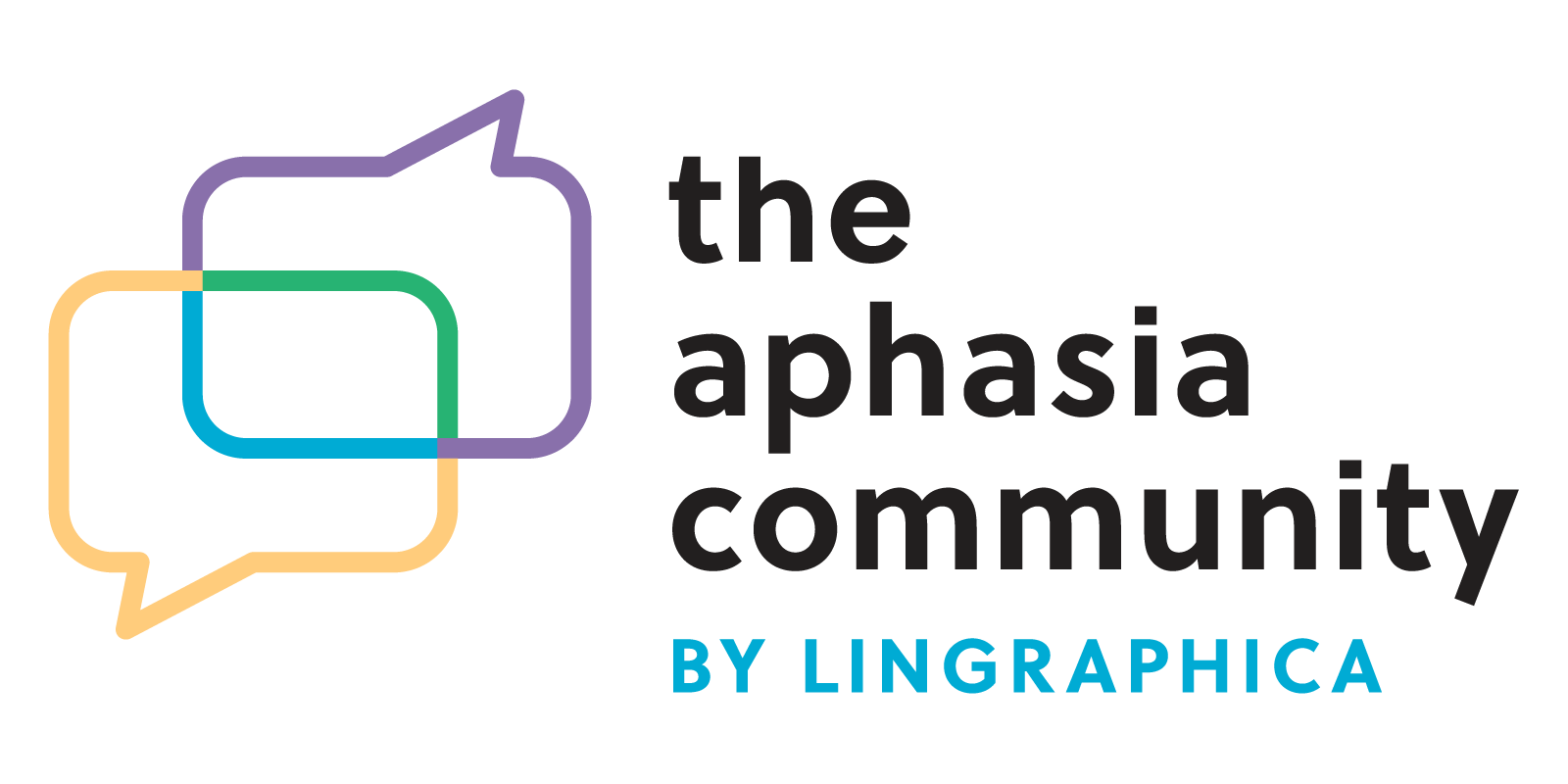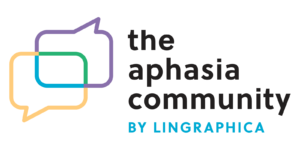Difficulty with reading comprehension is common for people who have aphasia. Acquired reading impairment is sometimes called alexia. Much like other skills, reading abilities vary a lot from one person to the next. Some people might find it easier to read than to understand spoken language; however, the opposite might be true for other people.
Not everyone who has aphasia will have trouble reading. Reading comprehension is often at a similar level of spoken language comprehension. Level of impairment can vary from none at all to severe. Examples include:
- Little to no impairment: reading comprehension is intact. Reading might be slower than it was before having aphasia. Complex information might be more difficult. Common in conduction and anomic aphasia.
- Mild impairment: Basic reading is intact, but lengthy text is likely difficult. Sentences with complex structure might also be difficult.
- Moderate impairment: Ability to read phrases or short sentences. Simple sentences are easiest to read. Main words, or content words, are likely easiest. Sentence structure and “functor” words (articles, conjunctions, etc.) are difficult.
- Severe impairment: Ability to read familiar, simple words or no reading ability at all. Common in Wernicke’s and global aphasia.
Other traits that are common in people who experience reading comprehension impairments include:
- Being able to recognize whole familiar words, but not being able to sound out words letter-by-letter
- Difficulty summarizing and/or remembering what is read
- Similar words might be confused (e.g. couch and crouch)
Impairments with reading comprehension can be frustrating. Reading abilities often improve with time and practice. Many people find it helpful to use text-to-speech programs so they can hear the words and read them at the same time. Your speech-language pathologist (SLP) can recommend other strategies and therapy activities that can help you work on your reading skills.








